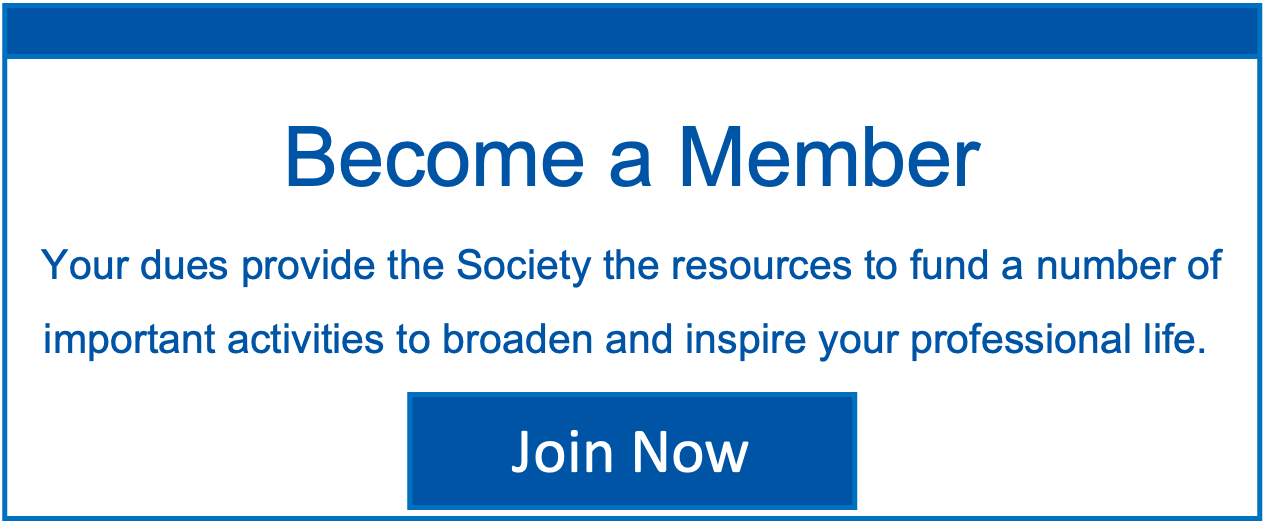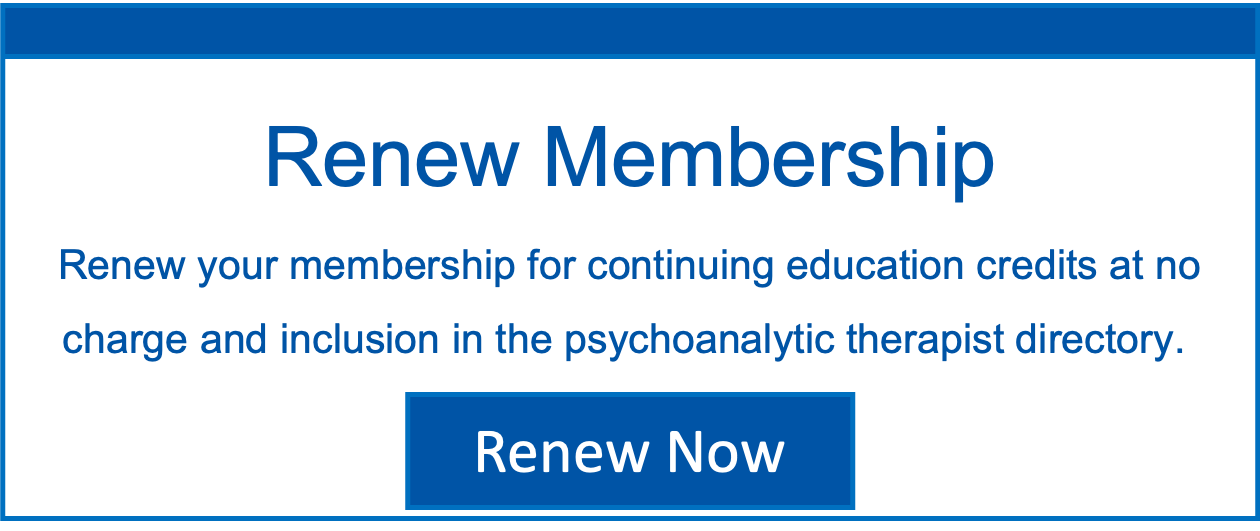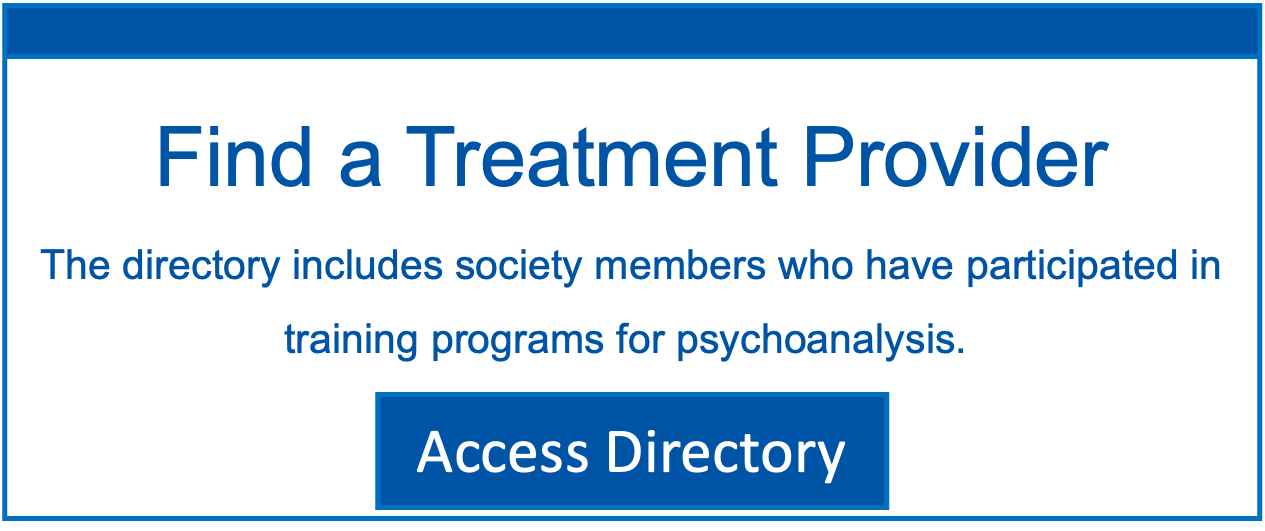|
Welcome to the Chicago Psychoanalytic Society!
A Note from the President As we enter the first month of 2026—Januarius—we are reminded of Janus, the Roman god of beginnings and guardian of thresholds, who looks both backward and forward at once. Janus invites us to pause at the doorway of time, holding the tension of memory and anticipation, like a door that faces both within and without. This feels especially fitting for the Society at this moment. Following the launch of our digitized archives in December, we find ourselves engaged in a form of collective remembering—recovering voices, ideas, and encounters that continue to shape our work. In psychoanalytic terms, the archive is not simply a record of the past, but a living memory that gains meaning as it is revisited and re-encountered in the present. Above is the pre-presentation video from our December 16 event, offering a glimpse of the archives along with reflections on past presenters by Chicago analysts who knew them, as we turn with intention toward the year ahead. The Society’s first program of the year will be offered on Saturday, January 17, from 10:00 am to 12:00 pm (Central Time). Legendary child analyst Anne Alvarez will present live from London via Zoom on her psychoanalytic work in enlivening traumatized children. Please see the invitation below for full details and registration information. The second program, “Love Lessons: The Power of Metaphors in Couple Therapy,” will be presented by esteemed Chicago psychoanalyst and Society member Art Nielsen on Tuesday, January 27, from 7:00 to 9:00 pm (Central Time), also via Zoom. For additional details and to register, please click here. Finally, in response to the enthusiastic interest generated by the Society’s November program on retirement, Chicago analysts and Society members Lucy Freund and Neal Spira are proposing a group opportunity for members who are navigating retirement to meet and talk together. At present, they are envisioning six monthly meetings, with the option to continue if participants wish. If you are interested, please get in touch with them by email at the addresses listed below. Lucy Freund Neal Spira freundlucy@gmail.com nspiramd@gmail.com We hope you will join us for these engaging programs as we begin the new year.Stephanie Fariss |
Upcoming Program co-sponsored by: The Chicago Psychoanalytic Institute Toward a Conceptualization of Nuisance Presenter: Steven Cooper, PhD Tuesday, March 17, 2026, at 7:00 - 9:00 PM Central time By Zoom Only
Steven Cooper is a Clinical Professor at Columbia Center for Psychoanalytic Training and Research and Clinical Professor at the New York University Postdoctoral Training Program in Psychoanalysis. He is a Training and Supervising Analyst at both the Boston Psychoanalytic Society and Institute and the Columbia Center for Psychoanalytic Training and Research. He served as Joint Editor-in-Chief of Psychoanalytic Dialogues from 2007-2012 and is now Chief Editor Emeritus. In 1989 he received the best paper prize from the Journal of the American Psychoanalytic Association. He is the author of numerous articles in psychoanalysis and has written five books and co-edited two books. His most recent books are “Playing and Becoming in Psychoanalysis” published by Routledge in 2023 and Psychoanalysis in Play: Expanding Psychoanalytic Concepts from a Play Perspective, published by Routledge in June, 2025. Also in August, 2025 a book that he co-edited with Christopher Lovett will be published: “Winnicott ’s 1967 Letter to Bion: Playing, Dreaming and Beyond.” He is in private practice in New York City. Description: Winnicott (1945) suggested that some types of aggressive behavior of the returning child from sustained separation from parents may be regarded as an expression of hope, one in which they can yield their forms of defensive self-sufficiency to trust a parent again. In this presentation, Dr Cooper will parse Winnicott ’s later various approaches to understanding both instinctual and reactive aggression and how applying his later views can obfuscate the particular meaning of aggression in nuisance-making behavior. A contemporary interpretation of Winnicott's views on nuisance, a specific definition of nuisance in the analysis of adults, and how it manifests itself in the analytic context is offered. In the adult patients he describes, anger and hostility have become institutionalized as expressions of grievance or greed regarding earlier ruptures in recognition. Dr Cooper considers two clinical contexts involving the conscious reluctance to agree with the analyst ’s interpretations as well as making demands on the analyst outside the setting as forms of nuisance. He explores how the analyst's needs to hold two psychic realities, the patient ’s hope that is expressed in their nuisance-making as well as the analyst ’s limits in absorbing the patient ’s self-destructive hostility helps to transform the patient's self-destructive bids for recognition into an opportunity for mourning. Approximate breakdown of time: First Hour: presentation Second Hour: discussion with audience Learning Objectives After attending this session, participants should be able to:
Continuing Education Credits are offered exclusively to Society members in all membership categories and those intending to join. The presenter, Steven Cooper, PhD, and the organizer, Lisa Karaitis, PsyD, have no relevant financial relationships with ineligible companies to report. Participants are asked to be aware of the need for privacy and confidentiality throughout the program. ACCME Accreditation Statement: This activity has been planned and implemented in accordance with the accreditation requirements and policies of the Accreditation Council for Continuing Medical Education (ACCME) through the joint providership of American Psychoanalytic Association (APsA) and the Chicago Psychoanalytic Society. The American Psychoanalytic Association is accredited by the ACCME to provide continuing medical education for physicians. AMA Credit Designation Statement: The American Psychoanalytic Association designates this live activity for a maximum of 2 AMA PRA Category 1 Credit(s)™. Physicians should claim only the credit commensurate with the extent of their participation in the activity. Disclosure Statement: The APsA CE Committee has reviewed the materials for accredited continuing education and has determined that this activity is not related to the product line of ineligible companies and therefore, the activity meets the exception outlined in Standard 3: ACCME's identification, mitigation and disclosure of relevant financial relationship. This activity does not have any known commercial support. Accreditation Information for Professionals Other Than Physicians. The Chicago Psychoanalytic Institute maintains responsibility for this program and its content, in relation to accreditation for CE credits for non-physicians. CPI is licensed by the Illinois Department of Financial and Professional Regulation to sponsor continuing education credits for (license numbers in parentheses): Social Workers (159.000122), Professional Counselors (197.000202), Marriage and Family Therapy Therapists (168.00204), and Clinical Psychologists (268.000091). Eligible professionals will receive 2.0 continuing education credits for attending the entire program. To receive these credits an evaluation form must be completed online. Learners must claim the amount of time spent in the educational activity and that will be the amount of credit they will earn. REGISTER NOW |
Mission
Organized June 8, 1931 and accepted as a Constituent Society by the American Psychoanalytic Association in 1932, the Society's mission is to advance the field of psychoanalysis through the promotion of education and research by its members and the the community-at-large; to maintain and promote professional and ethical standards of the profession; to promote professional activities of its members by assisting career development and generating marketing opportunities; and to enhance the vitality of the Society by encouraging a diversity of opinion, assessing the interests of its members, facilitating member involvement in Society activities and fostering a collegial community. The Society is committed to maintaining an educational environment free from sexual harassment, sexual violence, and discrimination based on race, color, sex, age, religion, disability, national origin, sexual orientation, or any other basis prohibited by law. It also strives to initiate, welcome, and maintain ongoing conversations and discussions related to inclusivity among its members and the community-at-large. |




